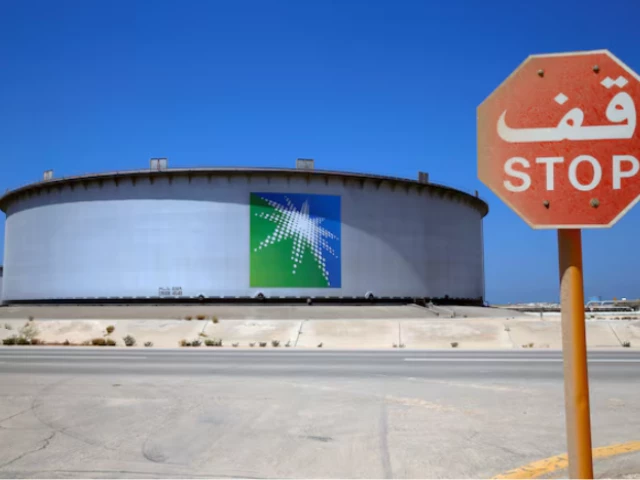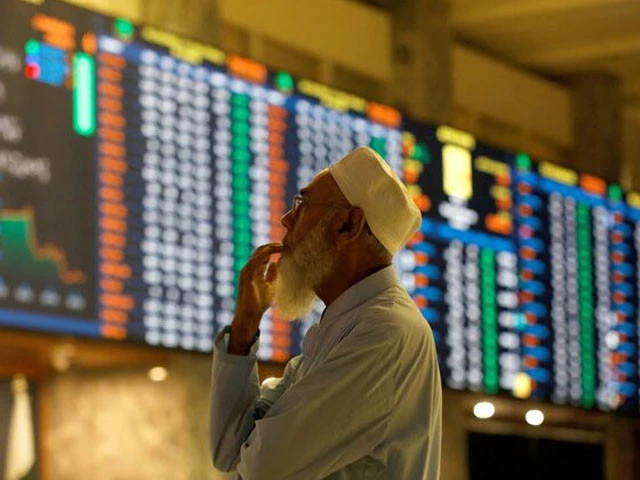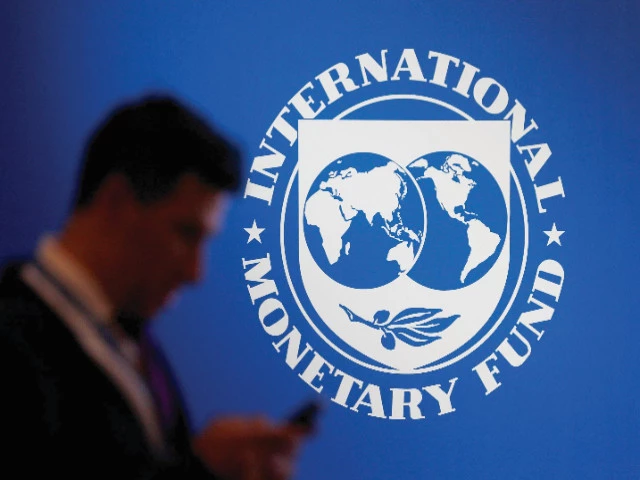By Tahir Masood (Rafa’el)
Foreign Correspondent (Ireland), Daily Capital Mail
 In the wake of World War II, the geopolitical chessboard of the world was rapidly redrawn. Three events—closely clustered in time—would set the tone for a new era of global power politics: the establishment of the CIA in 1947, the founding of Israel in 1948, and the formation of Mossad in 1949. To dismiss this sequence as coincidence is to ignore a deeper, far more orchestrated movement at play—a movement fuelled by Zionist ambition, political manipulation, and financial power.
In the wake of World War II, the geopolitical chessboard of the world was rapidly redrawn. Three events—closely clustered in time—would set the tone for a new era of global power politics: the establishment of the CIA in 1947, the founding of Israel in 1948, and the formation of Mossad in 1949. To dismiss this sequence as coincidence is to ignore a deeper, far more orchestrated movement at play—a movement fuelled by Zionist ambition, political manipulation, and financial power.
At the heart of this transformation were the Rothschilds—an influential banking dynasty whose involvement in the Zionist project dates back to the 1800s. The Rothschild family financed early Jewish settlements in Palestine and played a pivotal role in lobbying for the Balfour Declaration of 1917, which pledged British support for a Jewish homeland in what was then Ottoman-controlled territory. But their influence did not stop at diplomacy or philanthropy—it extended into the architecture of modern intelligence and warfare.
The creation of the CIA under the National Security Act of 1947 was portrayed as a safeguard against communism. But its earliest architects—Allen Dulles, James Angleton, and Wild Bill Donovan—were not merely patriots. Dulles maintained deep financial ties to Wall Street and Zionist lobbying groups; Angleton was a self-declared Zionist and would become the CIA’s liaison to Mossad; Donovan worked closely with British intelligence, which was heavily influenced by Zionist figures. Together, they laid the groundwork for what can be seen as a Zionist-aligned intelligence network, capable of conducting shadow operations, staging coups, and manipulating global narratives. From Iran in 1953 to Chile in 1973, the CIA’s fingerprints were left on regime changes that curiously aligned with Israeli strategic interests.
President John F. Kennedy, aware of the growing power of both the CIA and Israel’s nuclear ambitions, pushed back. He demanded inspections of Israel’s Dimona nuclear facility and expressed grave concerns about foreign influence in American politics, particularly through entities like the American Israel Public Affairs Committee (AIPAC). He also sought to curb CIA overreach after the Bay of Pigs fiasco. His assassination in 1963 remains one of the most controversial and speculated events in modern history. His successor, Lyndon B. Johnson, reversed course dramatically—deepening military, financial, and political ties with Israel. Coincidence? Or consequence?
By the 1950s and 60s, Zionist lobbying had embedded itself deeply in Washington. AIPAC quickly became one of the most powerful foreign influence operations in American history. It did not merely lobby—it dictated. U.S. foreign policy in the Middle East increasingly served Israeli interests, even at the expense of American lives, resources, and global standing. Criticism of Israel became politically toxic. Dissenting voices were silenced, labelled as anti-Semitic, or driven out of office. Meanwhile, Congress began approving billions annually for Israeli military aid—$3.8 billion in 2024 alone—while American cities struggled with poverty, failing infrastructure, and war fatigue.
From Hollywood studios to the editorial boards of major newspapers, the media landscape of the U.S. became largely sympathetic—if not outright loyal—to Israeli narratives. Zionist executives held key roles in companies shaping public opinion. News coverage of Israel-Palestine skewed consistently in favour of the Israeli state, downplaying war crimes while amplifying security justifications. Freedom of the press may exist on paper, but in practice, when billions are at stake, narrative control is the first casualty.
In 1982, the Yinon Plan laid out a bold and brutal objective: destabilise neighbouring Arab states to ensure Israel’s dominance. Iraq, Syria, Libya, and now Iran have all been systematically targeted and fragmented under the guise of democracy, counter-terrorism, or humanitarian intervention. Yet the common denominator remains: every regime opposed to Israel’s regional supremacy has faced war, sanctions, or occupation. Palestine, caught in the crosshairs since day one, has become a testing ground for surveillance tech, crowd control weaponry, and the brutal mechanics of occupation.
Israel gains free weaponry, diplomatic immunity, and the unwavering support of the most powerful nation on Earth. The U.S., on the other hand, pays with blood and treasure. Trillions have been spent. Thousands of American soldiers have died. Entire generations have been raised under the shadow of endless war. What does America get in return? Debt, division, and enemies around the world.
From Baghdad to Kabul, from Tripoli to Tehran, the playbook remains consistent. Any nation that resists Zionist influence or challenges Israeli objectives becomes a target. It’s not conspiracy. It’s strategy. And as the public begins to awaken to these uncomfortable truths, the question now is not whether this Zionist empire exists—but whether it can be challenged before it drags the world into deeper chaos.
That challenge is already underway. What once operated in deep secrecy—cloaked behind political lobbies, intelligence briefings, media distractions, and diplomatic facades—is now being dragged into the light. Whistleblowers, independent journalists, decentralized media, and global resistance blocs are exposing the mechanics of power once considered untouchable.
The once-monolithic Western media is fractured. Independent platforms, citizen journalism, and non-Western outlets have begun to tell the stories long buried—of dispossessed Palestinians, CIA-led regime changes, Mossad operations in foreign lands, and U.S. foreign policy being dictated by Tel Aviv. Social media, despite efforts to censor, has become a powerful equalizer. Footage from Gaza, revelations from Wikileaks, testimonies from ex-operatives—these are cracking the manufactured consensus.
But this awakening is not limited to individuals. Entire nations are realigning.
The rise of BRICS (Brazil, Russia, India, China, South Africa)—and its expanding circle of influence—marks a turning point. These states, increasingly tired of Western hegemony, are building financial, military, and strategic alliances that bypass the old power structures. The dollar is being challenged. The IMF and World Bank are losing their grip. And along with the unraveling of American dominance comes a deep questioning of its ideological partners—chief among them, Israel.
Russia’s firm stance on Syria, China’s investments across the Arab world, Iran’s regional defiance, South Africa’s legal pursuit of Israel in international courts—these are not isolated gestures. They form a new resistance architecture that calls into question the legitimacy of the old order.
Even within the West, cracks have formed. Young Americans are increasingly critical of Israeli policies. Progressive Jewish voices are challenging the Zionist narrative. European cities see mass protests in solidarity with Palestine. The myth of unconditional support is no longer sustainable.
This shift has not gone unnoticed. The empire is lashing out. More surveillance, more disinformation, more censorship, more proxy wars. But these are signs of panic—not confidence.
In the past, opposition to Zionist power was a whisper. Today, it is a roar—from college campuses in California to parliamentary debates in Johannesburg, from hashtags on Arab Twitter to intellectuals in Tehran and Caracas. The world is watching, questioning, and resisting.
The once-hidden faces behind intelligence coups, war profiteering, media psy-ops, and apartheid justifications are no longer anonymous. Their names are known. Their alliances are mapped. Their empires—built on blood and billions—are being contested.
A new multipolar world is rising. One that no longer bows to Rothschild legacies, Mossad manipulations, or AIPAC’s grip on foreign capitals. It is not without risk or cost, but for the first time in a century, the illusion of invincibility is broken.
History is shifting. The empire is exposed. And its dominance is no longer guaranteed.
The author welcomes correspondence and can be contacted at
tahirmasood2024@gmail.com



